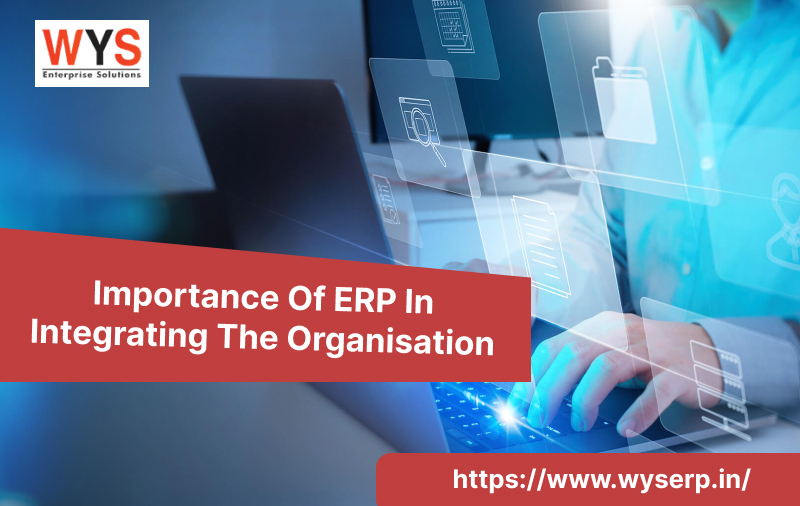The next time you want to imagine the role of an ERP in integrating an organization, visualize a ship on high seas likely to be stuck by a raging storm. If every system works as expected, including the GPS, it’s mighty possible that the ship avoid the path of the storm altogether or even use the direction of the wind to its advantage to save fuel and reach its destination safe and sound. What would you attribute to the trick? An integrated system that analysed scenarios in the light of existing information to bring about the best course of action to avoid/ use a situation.
Now imagine the same scenario without such a centralized system, including the GPS! The ship could land itself smack in the middle of the storm, run its engines just to stay afloat and in the process consume all its fuel, and in the worst of situations, even capsize. And we aren’t even talking about the lifeboats or the state they are in.
Something similar is the relation between ERPs and Organization. There are those who wholly depend upon them, and then there are those who don’t with a sea of difference existing between them.
What then does an ERP do for an organization making it the most sought-after piece of software? Among others, these!
It integrates the entire organization
A cloud-based ERP software, the best of its avatar, almost integrates the entire working of an organization. From HR to Finance to Production, Logistics, Packaging, Despatch and so on (in the case of manufacturing), all the departments get integrated such that entries made in any department has implications and reflections all over the organization. In this way, it effectively ties up the entire organization into an integrated whole that even functions that way.
It reduces duplicity of entering information
One of the things that rankles the best of organization is this need to enter one piece of information again and again under various heads for various reasons by various people. For one, it is in reality a sheer waste of time. For the other, it only creates increasingly more confusion within the organization. One of the best ways of doing away with this duplicity is to use an ERP software, preferably a cloud-based one that makes accessed easy from any part of the world at anytime of the day.
It takes away (in most cases) individual discretion
One bug-bear of industry- despite the best of systems is that individuals create their own little gigs on the side to make their working and life easy. While it does help the individual do as they please, problem arises when the same information gets leaked to unsavoury destinations or is used for other nefarious reasons. A ERP is the best way to gauge data leaks and put an end to it.
It brings about much-needed transparency across the organization
Viewing rights can be controlled in most ERPs. That, and the inability to hold on to data means transparency across activities becomes a pan-organization reality that cannot be held back under any circumstances or reasons. Such a transparency helps organizations take correct and timely action either to utilize a situation or avoid it entirely and holds organizations in good stead.
It makes compliances easy
Knowing what information is to be sent where when and in what format makes statutory compliance a very easy affair for most organizational managers. Compare this with a black-hole like situation where one is never sure if compliances have been adhered as desired. Such opacity can run aground any organization whatever be its range or scale of operations.
It makes reporting and actioning super-easy!
With so much information being available so quickly and with such precision, accuracy of reporting goes up exponentially. That, and actions based on such correct reports are sure to bring out the right outcomes, something that most organizations need badly to move ahead.
